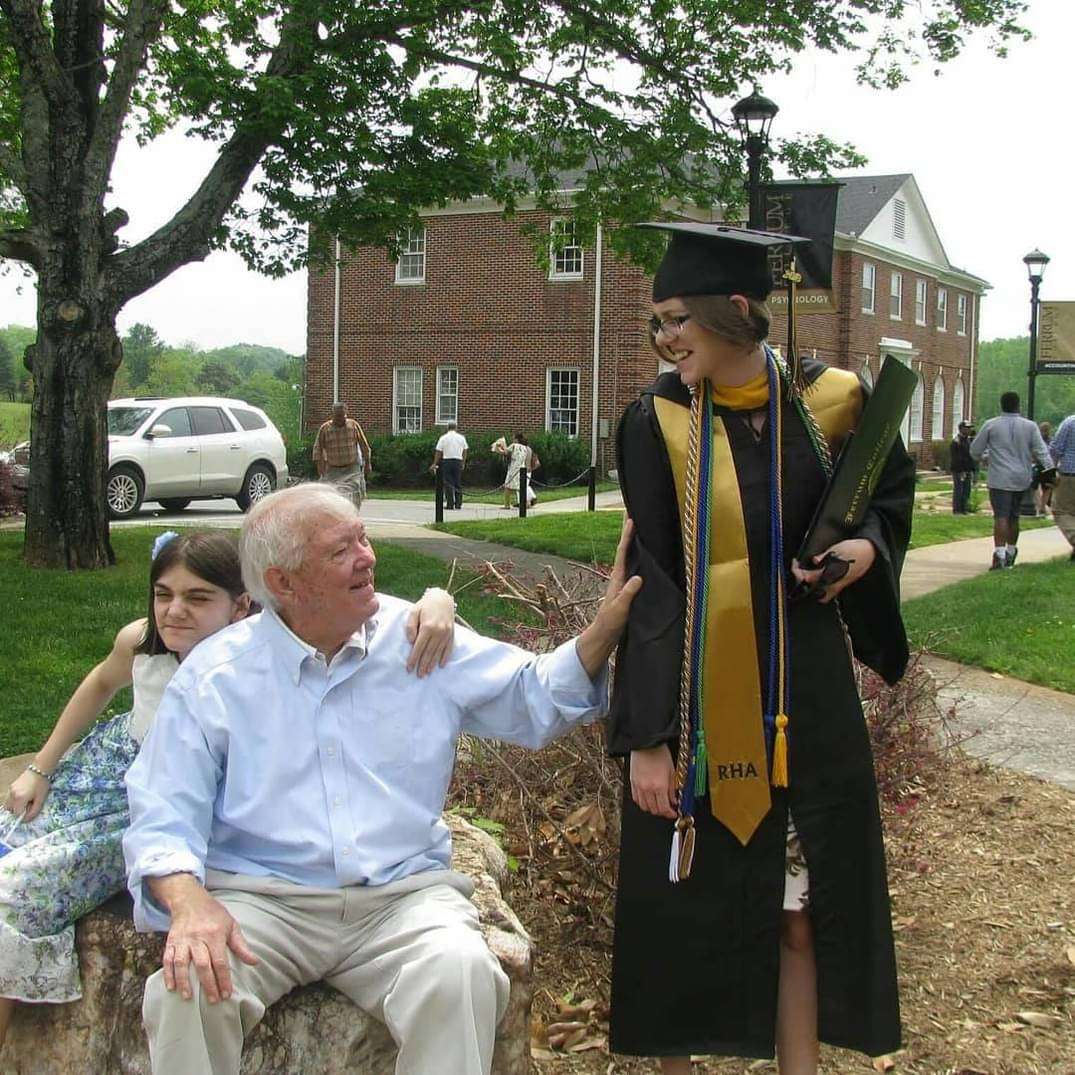First, I would like to note my respect for Pope Benedict XVI and the humility he has shown in choosing to step down at a time when he feels he could not optimally perform as leader of the Catholic Church. As the first to do so in 600 years, I hope his decision will set a precedent for future Church leaders to serve in the role of pope as long as they feel God is calling them to do so, whether it be five years after their inauguration or until death.
Most importantly, the Catholic Church has been presented with an amazing opportunity. Particularly in the United States and in Europe, there is a severe shortage of vocations, an increasing number of “ex-Catholics,” and secularism is present in most institutions. In areas such as Latin America and Africa, Evangelical Churches are moving in and successfully reaching those who before may have undoubtedly converted to Catholicism.
However, worldwide, the Church continues to grow at a rate that is even faster than that of the world population, and so to could its positive and loving influence. Catholicism is practiced by over 1 billion people in at least 157 countries. Consequently, the Catholic faith has the potential to be a powerful means through which people around the world could come together in celebration of a rich tradition of service, peace and thanksgiving.
Yet, the council of cardinals must select a new pope that will reach out to Catholics from all ethnicities and backgrounds for this to be possible. Nowadays, nearly 70 percent of Catholics reside in Africa, Asia, and Latin America. However, they are only represented by 30 percent of the cardinal elect, while nearly 70 percent are European or North American. For the Church to continue growing, those in power must first consider how to bring together Catholics from all nationalities together as members of one faithful community. This process can begin with the choice of a pope that will represent all populations and encourage international community.
There are certainly aspects of Pope Benedict’s papacy which can be built upon in coming years. For example, in some ways, Pope Benedict contributed to the Church’s tradition of social justice. In 2009, he issued the Caritas in Veritate (Charity in Truth) which emphasized the importance of helping the poor and addressing the issue of poverty around the world. His book “Jesus of Nazareth” is an important resource for believers, and he shared knowledge about the saints, through meditative “Angelus” messages in St. Peter’s square.
In many other ways though, the Church’s worldly position and reputation has remained stagnant or has even regressed in recent years. Early on in his papacy, Benedict XVI quoted a 14th century leader, Manuel II, saying Islam had brought “evil and inhuman” things into the world, which caused a rift between the Islamic and Catholic communities. Further division resulted from comments surrounding the spread of AIDS in Africa. Furthermore with actions such as the changing of the mass to revert to the vernacular Latin and the harsh criticism of several orders of nuns considered to be too overtly liberal, the Vatican has made it clear that tradition would be valued over newly emerging ideas about Christ’s love and the role of the Catholic Church. Finally, many people, in particular those who are young, have felt alienated by what seems to be an increasingly hierarchical structure and a tendency to rebuke any sort of liberal thinking.
The Church is one of the few remaining institutions which continuously upholds a full respect for the life of all people from conception until death. It is the world’s oldest and largest western religion. However, its influence will continue to wane if leaders become so absorbed in rituals written centuries ago that it forgets to listen to its people and further pushes away those of us who want to love the Church, but oftentimes feel like outsiders because of questions we raise or who we chose to vote for.
Numerous signs have shown us that the Church is ready for a change. The Catholics Come Home campaign is one of several that has made successful efforts to reach out to those who have left the Church. Furthermore, several orders of sisters led by the likes of Pat Farrell have met with Vatican leaders to discuss ways in which the Church could move forward by reaching out a welcoming hand to greater numbers of people. Of course, there are many people who are content with the Catholic Church as is. However, there are many more who are not thrilled with its current direction. Catholic doctrine teaches that it is the people who make up the body of the church. I sincerely hope that at this time, Church leaders will not be afraid to listen to the call of Church members who respect the traditions and doctrine of Catholicism but also recognize the need for change.
Of course, the church cannot continuously alter its doctrine to address every concern. Certainly the Church should not have to “keep up with the times,” because it should not be a follower when it comes to social justice. The Church has always been a leader in loving, welcoming and serving all groups of people. It was one of the first to bring healthcare and education to those who would have otherwise had to go without, and it has historically been the largest charitable organization in the world.
For example, Jesuits were the first to educate native peoples in the Americas and Africa. Many of America’s earliest hospitals as well as St. Judes, currently one of the most well known, have been associated with the Catholic Church. Additionally, for over 100 years Catholic Charities and religious orders have served their communities through founding orphanages, caring for the sick and providing for the homeless. At this time, though, the Church has a wonderful opportunity to once again emerge as a leader whose influence sets the precedence of love and salvation for all peoples.
This opportunity could not have come at a more perfect time. In our world today violence is prominent and often glorified, vast numbers of people struggle every day under poverty and oppression and many are left searching for that missing something that can only be found in the Lord. The world needs the Church’s love. We need its servant example. And we need its encompassing leadership. The Catholic Church truly has the potential to positively transform the world, beginning with this decision.
I know over the next couple of weeks I will be praying for those in the Vatican who will be choosing the next pope, for all members of the Church who can influence this decision, and for the rest of the world who will be impacted by the outcome. With guided hearts and minds, I hope that they, and whomever is elected pope, sees this decision and the coming years as a great opportunity for the Church to emerge once again as a leader in a world that could so desperately use its saving grace.





